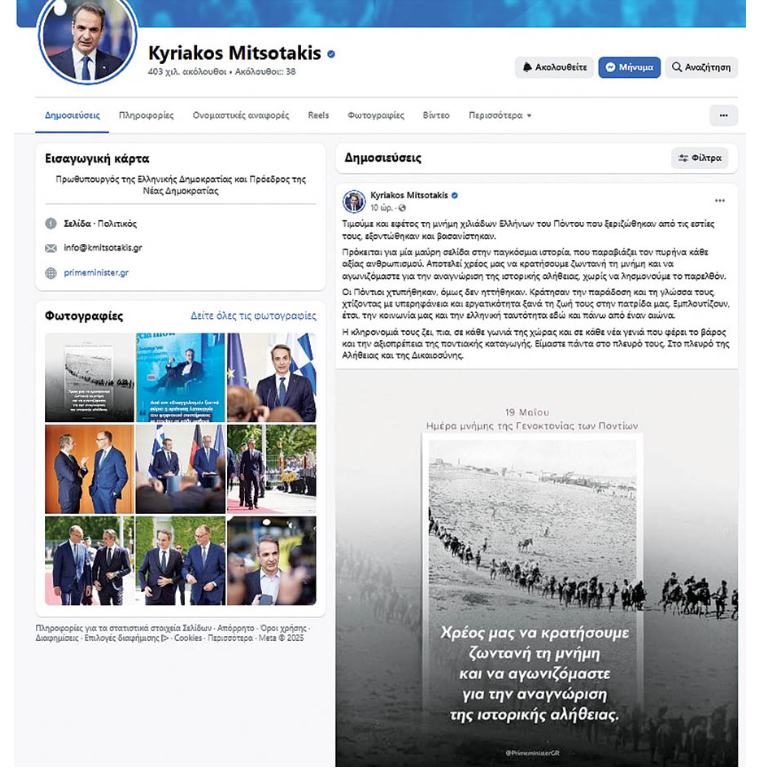
Introduction
In a detailed report we prepared at the Center for Eurasian Studies and in our various analyses and commentaries we published, we stated that the Pontic Greeks living in Anatolia within the borders of the Ottoman Empire organized armed rebellions against the state of which they were citizens by collaborating with enemy countries at the end of the First World War, and we revealed that the narratives fabricated by the Pontic Greeks such as "massacre" and "genocide" were baseless, unfounded and shameless slander.[1]
In this regard, we stated in our various analysis that every year on May 19, Türkiye commemorates Mustafa Kemal Atatürk's landing at Black Sea coastal city of Samsun on May 19 1919 as "Atatürk, Youth and Sports Day"; that the Turkish nation recognizes this date as the beginning of the Turkish War of Indepence; that the year 1919 corresponds to a period when the centuries old Ottoman Empire was coming to its final days and Turkish people were waging a life-or-death struggle against Western powers, and their collaborators in Anatolia. Besides, we pointed out that while Türkiye celebrates this meaningful day on May 19, certain Pontic groups are organizing each year on the same day "commemoration events "with a different interpretation. We also noted that the main purpose of all these events is to spread hatred against Turks, Türkiye, and Islam, and that these "events" represent a primitive revenge mentality.[2]
Atatürk's Evaluation of the Pontus Problem
In our publications on this subject, we have stated that the most competent source for understanding the nature of the events in that period is the historical speech known as "Nutuk" (Great Speech), given by Mustafa Kemal Atatürk, the founder of the Republic of Türkiye, in 1927. In this speech, Atatürk examined this issue, which he called the "Pontus Problem", in detail and stated that "this issue caused us [Türkiye] great harm." Since it is necessary to remind those who have made it a habit to distort historical facts, we present a section from Atatürk's evaluation to the attention of our readers below:
"Since the year 1840, that is to say, nearly three-quarters of a century ago, there were some Greeks who were engaged in reviving the old forms of Hellenism on the Black Sea, between Rize and the Bosporus. A Greek monk named Klematios, who had emigrated to the United States and then returned, founded the first institution on a hill that is today called Manastır (Convent) at İnebolu, which served as a meeting place for the adherents of the Pontus persuasion. The members of this institution appeared from time to time in the form of separate bands of brigands. During the World War, the Greek villages in the neighborhood of Samsun, Çarşamba, Bafra, and Erbaa had nearly all been turned into arsenals containing rifles, ammunition, bombs and machine-guns, which had been sent from foreign countries and distributed among them. After the Armistice had been concluded, the Greeks, impelled by the Hellenistic ideal, assumed an arrogant and provocative attitude nearly everywhere. Prepared morally by the propaganda of the "Ethniki Hetairia" and the American institutions at Merzifon and encouraged materially by the foreign countries who supplied them with arms, the mass of the Greeks, on the other hand, begun to cast amorous glances in the direction of an independent Pontic State. Led by this idea, the Greeks organized a general massacre, seized the mountain heights and began to carry on a regular programme under the leadership of Yermanos, the Greek Metropolitan of Amasya, Samsun and the surrounding country."[3]
It should be noted that Atatürk, in his speech, openly refers to the role and involvement of foreign countries in the "Pontus question" and, in particular, draws attention to the "American institutions in Merzifon."[4] This institution was known as the American College of Merzifon, which was established by the American Board of Commissioners for Foreign Missions as a theological seminary after the American College in Bebek, İstanbul, abandoned its theological training.[5] The American College of Merzifon was founded in 1886 by American Protestant missionaries and closed by the Turkish National Assembly Government during the Turkish War of Independence and then reopened in Thessaloniki in 1924 as "Anatolia College, "which is still active.[6]
Pontic Greek Efforts to Invent a Genocide Story
The available objective historical data indicate that during the first twenty years of the 20th century, efforts were made to establish a Pontic Greek State in the territory of the Ottoman Empire, and an armed struggle was waged in support of this goal. In this regard, during the Turkish War of Independence, the Pontic Greeks worked towards this goal by cooperating with enemy states; however, they suffered a heavy defeat and ultimately lost the armed struggle. Objective academic data also indicate that Pontic Greeks still remember the pain of this defeat today, that they try to instill the pain of this defeat in the younger generations, that instead of seeking the reasons for the defeat in their own wrong choices, they invent stories of victimization for themselves, and that they try to make this fabricated discourse attractive with ambitious but empty descriptions such as "massacre" and "genocide." In this context, it is essential to emphasize that they created powerful lobbies to have their empty discourses accepted first by Greece and then by the broader public opinion through the Pontic Greeks in the diaspora. It is possible to access the details of the academic research and evaluations on this subject in the article mentioned below, in the footnote.[7]
An important point that we need to emphasize at this point is that these fabricated stories and unfounded allegations have developed over the years into a language of hate speech not only against Turks but also against the Republic of Türkiye. Within the scope of discrimination studies, there is a need for an in-depth academic examination of the hate speech of Greek Pontic lobbies towards Turks.
The Process of Greece's Official Adoption of Pontic Claims
Pressures from Pontian lobbies were instrumental in having the Greek Government pass a motion on February 24, 1994, that May 19 be a day of commemoration for the so-called "Pontian Genocide". The issue was introduced into the Greek political agenda in 1992 by Andreas Papandreou, then the leader of the opposition. He proposed May 19 as the commemoration day for the so-called "Pontus Greeks Genocide". When he became the Prime Minister, he brough his proposal to the Parliament and Greek Parliament adopted a law declaring May 19 as a day of remembrance of the "Genocide of the Pontian Greeks." After the adoption of this law in Greece, Pontic associations further extended the scope of their lobbying activity, promoting their diasporic project of getting the "Pontic Genocide" recognized.[8]
The Greek Prime Minister's Latest Message on the Pontus Issue
Greek Prime Minister Kyriakos Mitsotakis recently published the following "message "on his social media regarding the Pontus issue:
"This year, we honor the memory of thousands of Pontic Greeks who were uprooted from their homes, exterminated, and tortured.
This is a black page in world history, which violates the core of every humanistic value. It is our duty to keep the memory alive and to fight for the recognition of historical truth, without forgetting the past.
The Pontians were beaten, but they were not defeated. They kept their tradition and language, proudly and industriously building their lives again in our homeland. They have been enriching our society and Greek identity for over a century.
Their legacy now lives on in every corner of the country and in every new generation that bears the burden and dignity of Pontic origin. We are always on their side. On the side of Truth and Justice. " [9]
Such Declarations Reopen Historical Wounds and Hurt Greek-Turkish Rapprochement
It is necessary to underline that the Pontic claims and especially the hate speech implemented by lobby groups formed by the Pontic diaspora against Turks and Türkiye in various countries are an element that poisons Turkish-Greek relations. It would not be incorrect to say that a similar attitude was prevalent among a significant portion of the Pontic Greeks in Greece. These unfounded accusations and slanderous characterizations cause emotional harsh reactions in Turkish society. Türkiye officially responds to these accusations on May 19, completely rejecting the statements that aim to smear it with imaginary accusations, and officially records its unchangeable position.
In fact in official Turkish reaction of this year, the Turkish Ministry of Foreign Affairs called Pontus claims as "delusional", charactrized them as "incompatible with historical facts, and" totally rejected such imaginary allegations aiming to defame our War of Independence launched under the leadership of the Great Leader Gazi Mustafa Kemal Atatürk on May 19 1919."[10] In the statement it is also stated that "such initiatives that draw hostility from history and aim to harm the relations between our countries, which have been advancing with a positive momentum in recent years, should now be brought to an end. "
Final remarks
We believe that Pontus claims have a toxic nature that deteriorates Turkish-Greek relations, making it difficult for the two countries to resolve their disagreements mutually and maintain open and active channels of dialogue. The statements on their websites indicate that Pontic lobbies believe that Pontic Greeks have their own unique history, culture, lifestyle, and dialect, distinct from those of other Greek communities. They also claim that Pontic Greeks, unlike Greeks in different parts of the Ottoman Empire, waged an armed struggle against the Ottoman state and therefore deserve special attention.[11]
We believe that the damage inflicted on Greece by the Pontic Greek lobbies, which view themselves as superior to Greek society, and their undue influence on Greek foreign policy, as well as their constant poisoning of relations between Greece and Türkiye, should be carefully examined.
*Picture: https://www.dimokratia.gr/iremologio/592208/iremologio-tritis-20-05-2025/
[1] Teoman Ertuğrul Tulun, The Pontus Narrative and Hate Speech, AVİM Report no. 14 (Ankara: Center for Eurasian Studies, May 2017), https://avim.org.tr/en/Rapor-KonferansKitaplari/102/pdf
[2] Teoman Ertuğrul Tulun. 19 May And Pontus Stories, Commentary No: 2019 / 36. 20.05.2019. https://avim.org.tr/en/Yorum/19-MAY-AND-PONTUS-STORIES
[3] Kemal Atatürk, A Speech Delivered by Mustafa Kemal Atatük, 1927. (Istanbul: Ministry of Education Print Plant, 1963), 528-530.
[4] Mustafa Kemal Atatürk, Nutuk, 527.
[5] Teoman Ertuğrul Tulun, “The Pontus Narrative And Hate Speech, p.10.
[6] American College of Thessaloniki, “American College of Thessaloniki: College Studies in Greece,” accessed June 29, 2025, https://www.act.edu/
[7] Teoman Ertuğrul Tulun, “The Fabricated Pontus Narrative and Hate Speech,” International Crimes and History 17 (2016): 165–88, https://avim.org.tr/public/images/uploads/files/Teoman%20Ertu%C4%9Frul%20TULUN.pdf
[8] Teoman Ertuğrul Tulun. The Pontus Narrative And Hate Speech, p. 16.
[9] Kyriakos Mitsotakis, Facebook post, May, 19 2019.
[10] Turkish Ministry of Foreign Affairs. Statement No: 109, 19 May 2025, Regarding the Various Activities and Statements Made on 19 May 2025 in Greece.
[11] Greek Genocide Resource Center, “Pontic Greeks and the Greek Genocide,” accessed June 29, 2025, https://greek-genocide.net/index.php/overview/internal/pontic-greeks-and-the-greek-genocide
© 2009-2025 Center for Eurasian Studies (AVİM) All Rights Reserved
No comments yet.
-
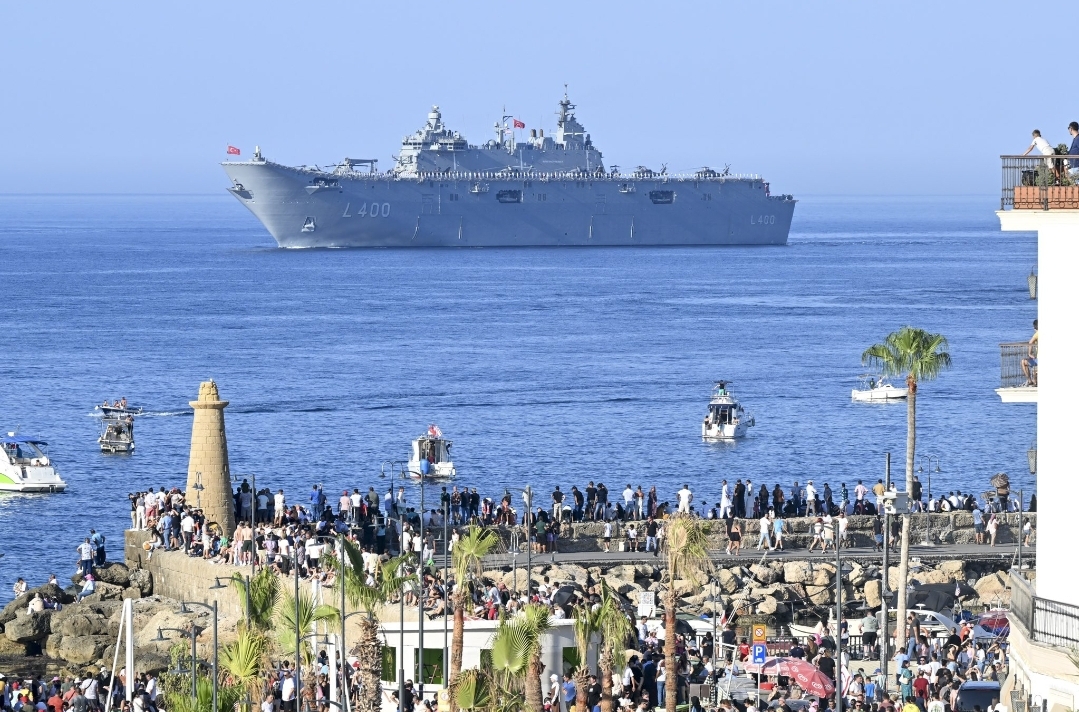 50TH ANNIVERSARY OF THE CYPRUS PEACE OPERATION: WHAT PROPOSAL DID THE GREEK SIDE MAKE TO RAUF DENKTAŞ IMMEDIATELY AFTER THE OPERATION?
50TH ANNIVERSARY OF THE CYPRUS PEACE OPERATION: WHAT PROPOSAL DID THE GREEK SIDE MAKE TO RAUF DENKTAŞ IMMEDIATELY AFTER THE OPERATION?
Teoman Ertuğrul TULUN 25.07.2024 -
 BREXIT: NEW PARADIGM SHIFT FOR GLOBALIZATION AND SIGNAL FOR NEW WORLD ORDER
BREXIT: NEW PARADIGM SHIFT FOR GLOBALIZATION AND SIGNAL FOR NEW WORLD ORDER
Teoman Ertuğrul TULUN 27.01.2017 -
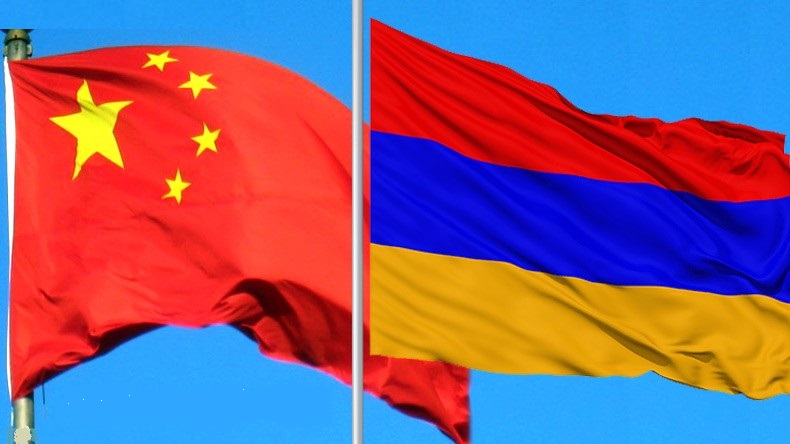 THE DURABILITY OF SILK IN MOUNTAINS OF CAUCASUS: CHINA AND ARMENIA
THE DURABILITY OF SILK IN MOUNTAINS OF CAUCASUS: CHINA AND ARMENIA
Teoman Ertuğrul TULUN 13.09.2017 -
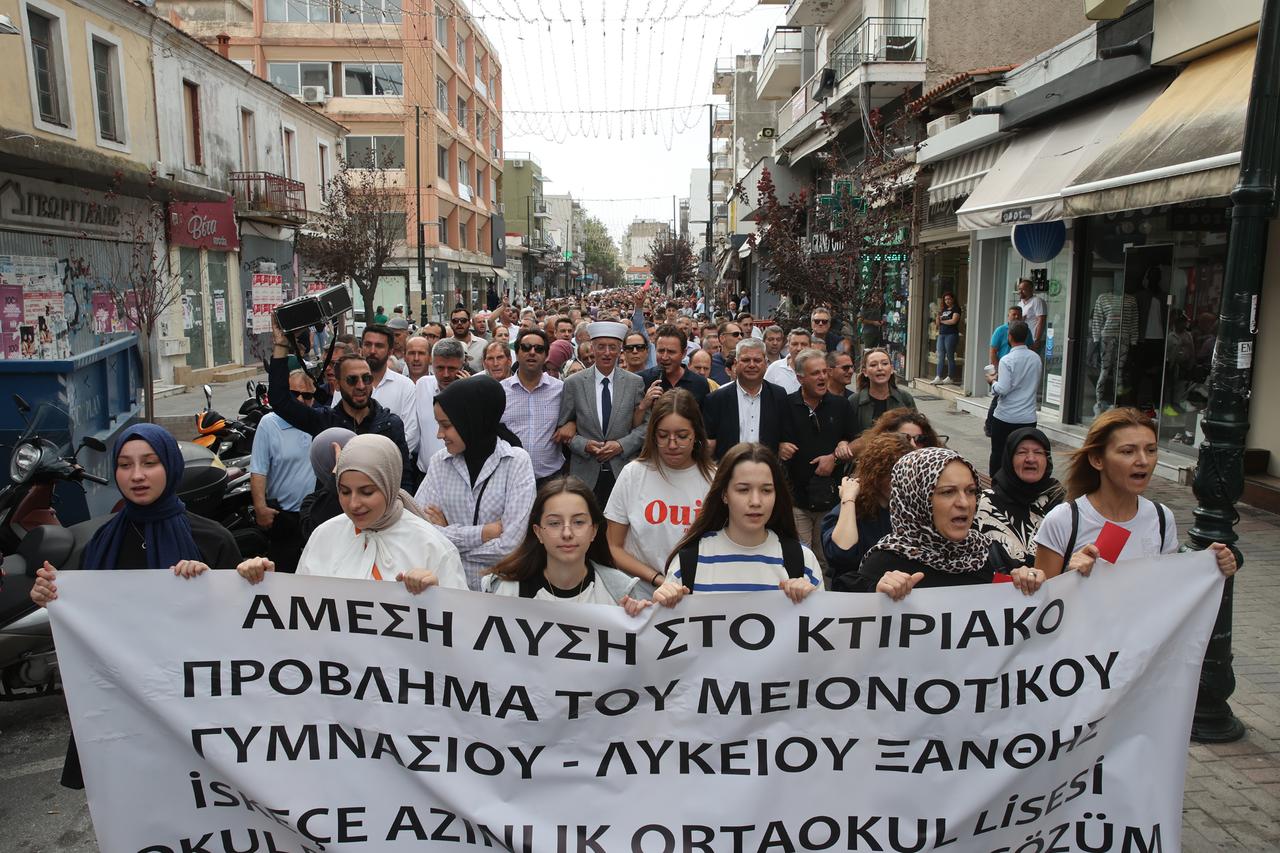 GREEK POLICIES TOWARDS TURKISH MINORITY SCHOOLS RISK REPEATING HISTORY
GREEK POLICIES TOWARDS TURKISH MINORITY SCHOOLS RISK REPEATING HISTORY
Teoman Ertuğrul TULUN 19.08.2025 -
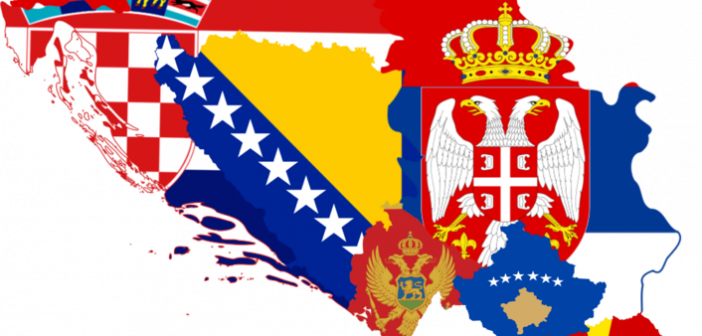 THE SPECTER OF RENEWED ARMED CONFLICTS IN THE BALKANS
THE SPECTER OF RENEWED ARMED CONFLICTS IN THE BALKANS
Teoman Ertuğrul TULUN 14.02.2017
-
 GREECE ATTEMPTS TO FORGE ANOTHER FRONT AGAINST TÜRKİYE WITH A PONTIC NARATIVE
GREECE ATTEMPTS TO FORGE ANOTHER FRONT AGAINST TÜRKİYE WITH A PONTIC NARATIVE
Teoman Ertuğrul TULUN 01.07.2025 -
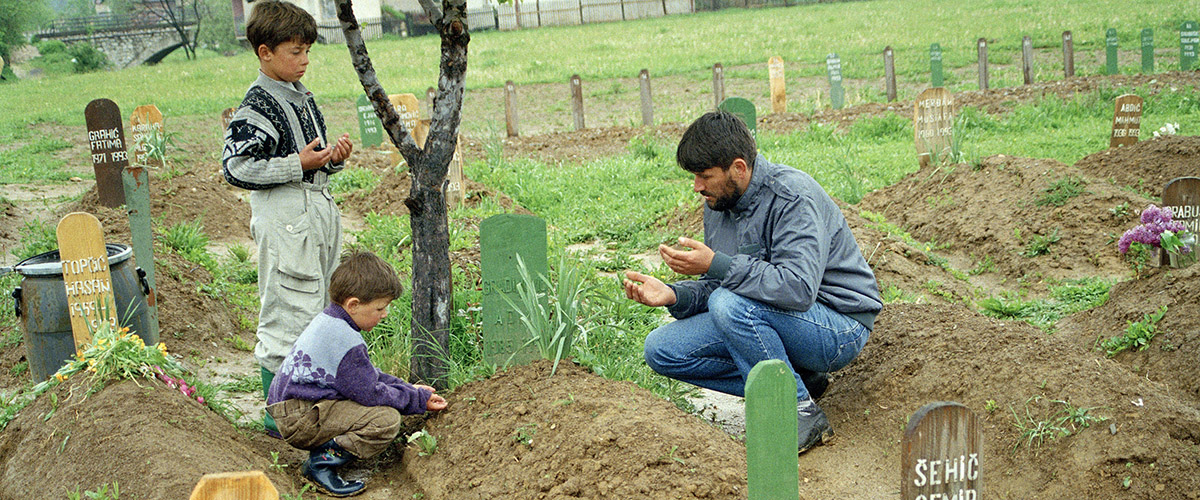 WE ARE LOOKING FORWARD TO A WORLD FREE FROM THE CRUEL AND ODIOUS CRIME OF GENOCIDE
WE ARE LOOKING FORWARD TO A WORLD FREE FROM THE CRUEL AND ODIOUS CRIME OF GENOCIDE
AVİM 18.12.2017 -
D.L. PHILLIPS’S DIPLOMATIC HISTORY OF THE TURKEY-ARMENIA PROTOCOLS 4
Ömer Engin LÜTEM 30.03.2012 -
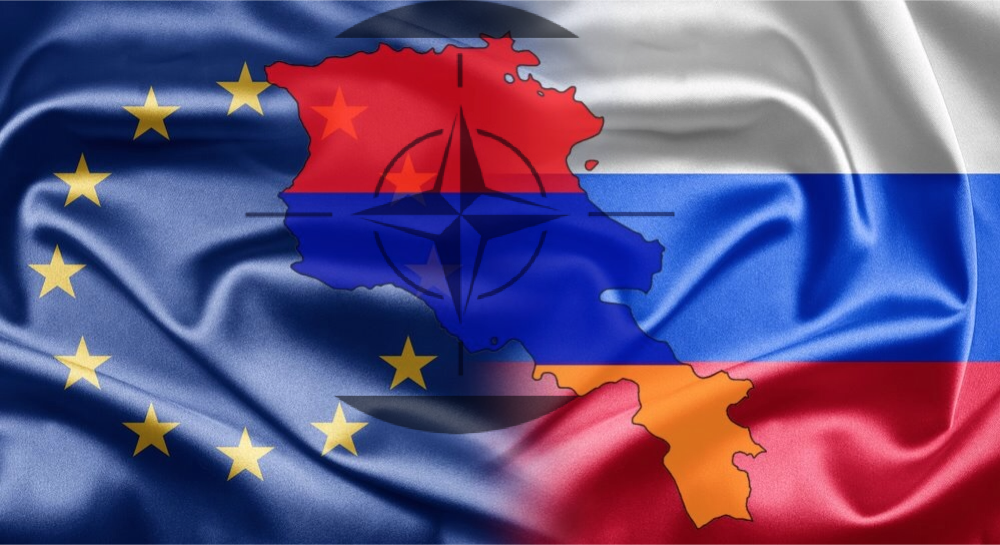 ARMENIA’S SEARCH FOR REAL-POLITIK BETWEEN RUSSIA AND THE WEST
ARMENIA’S SEARCH FOR REAL-POLITIK BETWEEN RUSSIA AND THE WEST
Tutku DİLAVER 16.08.2018 -
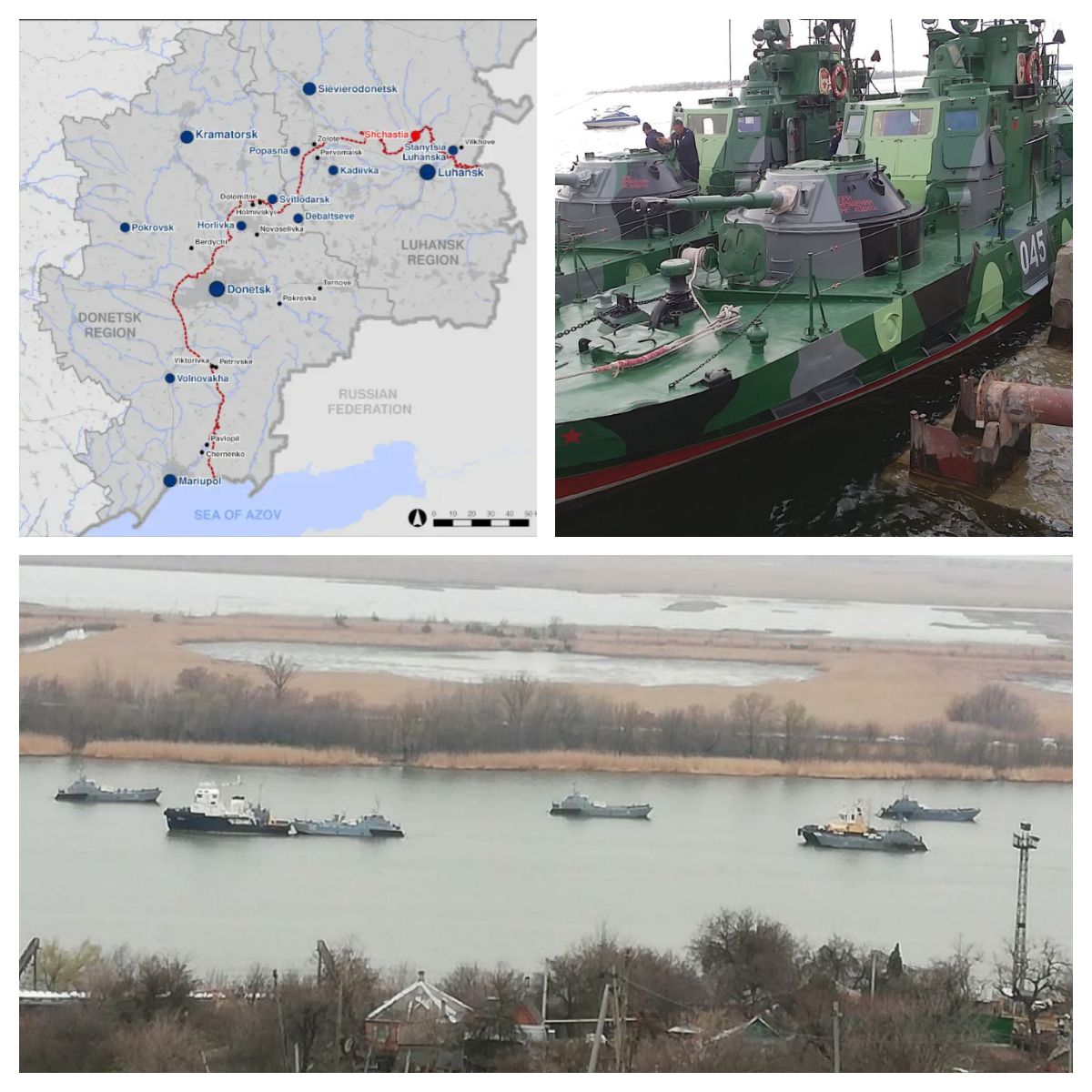 MILITARY USE OF INLAND WATERWAYS IN THE BLACK SEA REGION
MILITARY USE OF INLAND WATERWAYS IN THE BLACK SEA REGION
Teoman Ertuğrul TULUN 16.04.2021
-
25.01.2016
THE ARMENIAN QUESTION - BASIC KNOWLEDGE AND DOCUMENTATION -
12.06.2024
THE TRUTH WILL OUT -
27.03.2023
RADİKAL ERMENİ UNSURLARCA GERÇEKLEŞTİRİLEN MEZALİMLER VE VANDALİZM -
17.03.2023
PATRIOTISM PERVERTED -
23.02.2023
MEN ARE LIKE THAT -
03.02.2023
BAKÜ-TİFLİS-CEYHAN BORU HATTININ YAŞANAN TARİHİ -
16.12.2022
INTERNATIONAL SCHOLARS ON THE EVENTS OF 1915 -
07.12.2022
FAKE PHOTOS AND THE ARMENIAN PROPAGANDA -
07.12.2022
ERMENİ PROPAGANDASI VE SAHTE RESİMLER -
01.01.2022
A Letter From Japan - Strategically Mum: The Silence of the Armenians -
01.01.2022
Japonya'dan Bir Mektup - Stratejik Suskunluk: Ermenilerin Sessizliği -
03.06.2020
Anastas Mikoyan: Confessions of an Armenian Bolshevik -
08.04.2020
Sovyet Sonrası Ukrayna’da Devlet, Toplum ve Siyaset - Değişen Dinamikler, Dönüşen Kimlikler -
12.06.2018
Ermeni Sorunuyla İlgili İngiliz Belgeleri (1912-1923) - British Documents on Armenian Question (1912-1923) -
02.12.2016
Turkish-Russian Academics: A Historical Study on the Caucasus -
01.07.2016
Gürcistan'daki Müslüman Topluluklar: Azınlık Hakları, Kimlik, Siyaset -
10.03.2016
Armenian Diaspora: Diaspora, State and the Imagination of the Republic of Armenia -
24.01.2016
ERMENİ SORUNU - TEMEL BİLGİ VE BELGELER (2. BASKI)
-
AVİM Conference Hall 24.01.2023
CONFERENCE TITLED “HUNGARY’S PERSPECTIVES ON THE TURKIC WORLD"









